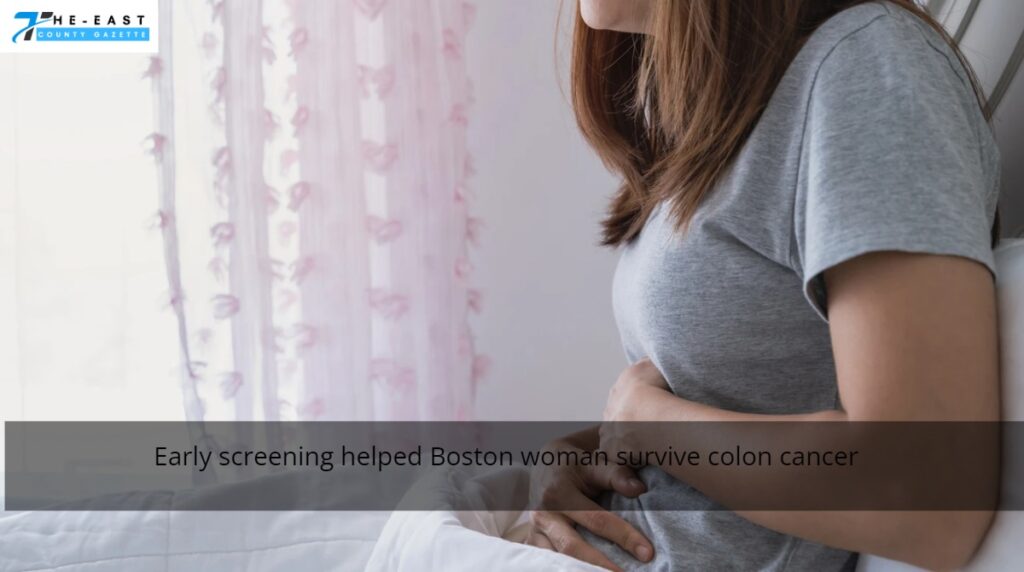Shanda Foster of Boston underwent her first colonoscopy in 2013 as a result of the painful symptoms on her right abdomen.
Foster stated, “I knew I couldn’t eat any more.” It was a real obstacle I had working in my favour.
Her doctor wanted to rule out colon cancer even though she was just in her early 30s. Kirstie Alley, the actress from “Cheers,” received a similar diagnosis not long before it took her life at age 71.
Dr. Lilian Chen, head colon and rectal surgeon at Tufts Medical Center, emphasised the need of early screening.
Considering that the majority of individuals won’t exhibit symptoms straight away, she advises starting testing at age 45.
“Thanks to excellent screening programmes in place, the overall incidence of colon cancer is actually starting to drop. However, the number of patients under 50 is growing at a rate of roughly 2%, according to Dr. Chen. “Some of this is most likely environmental, and some of this is most likely our nutrition. We’re not entirely certain.
When Foster discovered that the aches were in fact indicators of stage one colon cancer in 2013, a screening helped save her life.
She claimed that if she hadn’t received it, the tumour would have grown and its growth rate would not have been known.
“After that, they removed around 30% of my colon.”
Foster aspires to dispel the stigma and fear around colonoscopies after ten years of being cancer-free.
“Really, it’s not that horrible. It’s not painful. Once you enter and the task is complete, it is complete.”
Adults should get checked before it’s too late, she advises.
“I’m really hopeful folks are taking notice and being detected,” Dr. Chen stated.
CANCER SCREENING Q&A
I don’t have any symptoms. Do I still need to get screened?
Yes! Screening tests are used to find cancer before a person has any symptoms. So, it’s important to get regular screenings even if you are feeling fine. Cancer screening tests can catch some changes that may or may not be cancer.
I don’t have a primary care doctor. Who should I talk to about screening?
The first step is to contact your insurance company to see which doctors or providers are covered in your plan. If you don’t have health insurance, you can check with your local hospital or health department for help. Learn more in How to Get Screened if You Don’t Have a Doctor.
I don’t know if I can pay for the tests I need. How much does a cancer screening cost?
If you have health insurance, ask about coverage for cancer screenings. Most screenings are covered by insurance or available at no cost.
There might be costs for follow-up appointments and additional tests if they are needed, but most of the time test results are normal and no additional testing is needed. If you don’t have health insurance, you can call your local health department for information, or find resources in Screening For People Who Are Uninsured or Underinsured below.
I’m worried or nervous about screening tests.
It’s okay to be concerned about medical procedures, possible findings, affording tests, or even seeing a doctor. But knowing the current state of your health can make it easier to take care of any issues and can potentially lengthen or save your life.
I am not sure where I can get a screening test. How do I find out where to go?
Your doctor can help you know which screenings are right for you, where you can get the tests, and how to schedule them. If you don’t have a doctor, you can call your local hospital or health department for help. Learn more in How to Get Screened if You Don’t Have a Doctor.
I’m overdue for screening because of the pandemic. Is it safe to get screened?
Yes! Facilities that offer screenings have safety precautions in place. It is safe to resume regular screening, and it’s best to schedule your tests as soon as you can. Don’t wait!
source: cbs news

